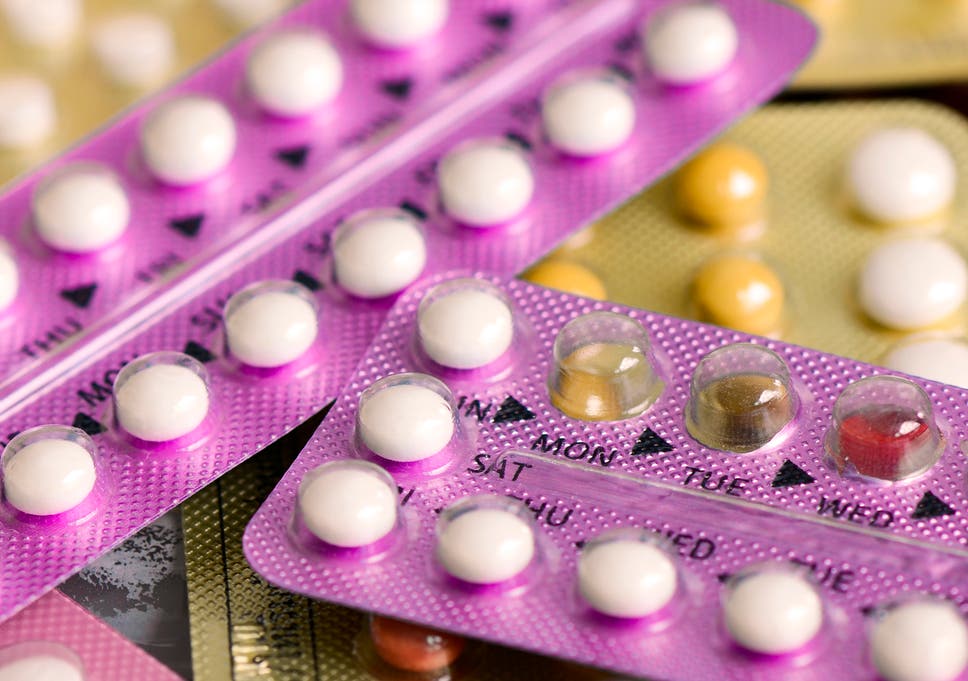RIO DE JANEIRO, BRAZIL – Women who take the contraceptive pill are less likely to develop severe Covid-19. The finding is based on a study by King’s College London. According to researchers, estrogen plays a crucial role in protection against the novel coronavirus, which also helps explain why men are more affected by the disease.
To reach this conclusion, researchers analyzed data from over half a million women who used the Covid Symptom Study App during the months of May and June. The App was developed by King’s College to track people with the disease.
The results showed that women taking the combined oral contraceptive pill were, on average, at a 13 percent lower risk of developing severe symptoms, according to the British newspaper The Telegraph. On the other hand, postmenopausal women were at a 22 percent higher risk than premenopausal women. Those in the 45-50 age group were at higher risk and reported symptoms such as loss of smell, fever and a persistent cough. The need for oxygen therapy in the hospital was also significant among this group.

“We assumed that premenopausal women, with higher estrogen levels, would experience less severe Covid-19 when compared to women of the same age and BMI [body mass index] who had experienced menopause, and our findings confirmed this. In addition, when we compared a younger group of women who were on the combined contraceptive pill with a similar group who were not taking the drug, women in the first group had less severe Covid-19, suggesting that the hormones in the pill may offer some protection against Covid-19,″ said Karla Lee, who co-led the new study.
The main assumption to support this association is that the female hormone estrogen promotes a more vigorous immune response by increasing the amount of immune cells produced and how well those cells respond to infection. This hormone is present in higher proportions in women than in men. And it is part of the combined pills, so women who take this type of drug have even higher amounts of estrogen.
The hormone is also more abundant in women before menopause, when there is a sudden drop in estrogen levels in the female body. Testosterone, the hormone most present in men, is associated with immune system suppression.
In England and Wales, 55 percent of all Covid-19 victims are men. The trend is repeated elsewhere in the world, including Brazil. Here, 58.2 percent of fatal victims are male. Since the start of the pandemic, scientists have sought to understand why men die more than women, despite the fact that the virus infects both sexes in virtually the same proportion. Earlier research had already associated the issue with a potential protective effect of estrogen.
According to The Telegraph, earlier studies had already shown the protective potential of estrogen in infections caused by other serious respiratory viruses, such as SARS and MERS. However, the King’s College research is the first to establish this link with Covid-19.
Increased risk of clotting
While estrogen can have a protective effect against severe Covid-19 symptoms, a study published by the Maine Medical Center in July alerts to an increased risk of blood clots forming as a result of the disease in women on the pill. The use of oral contraceptives is now commonly associated with an increased probability of thrombosis.
Covid-19 is a systemic disease the effects of which extend far beyond the lung and respiratory tract. Recently, several studies have shown that the disease increases the formation of blood clots in the veins, increasing the risk of thrombosis, a condition that caused the death of the Brazilian journalist and sportscaster Rodrigo Rodrigues.
Source: Veja

